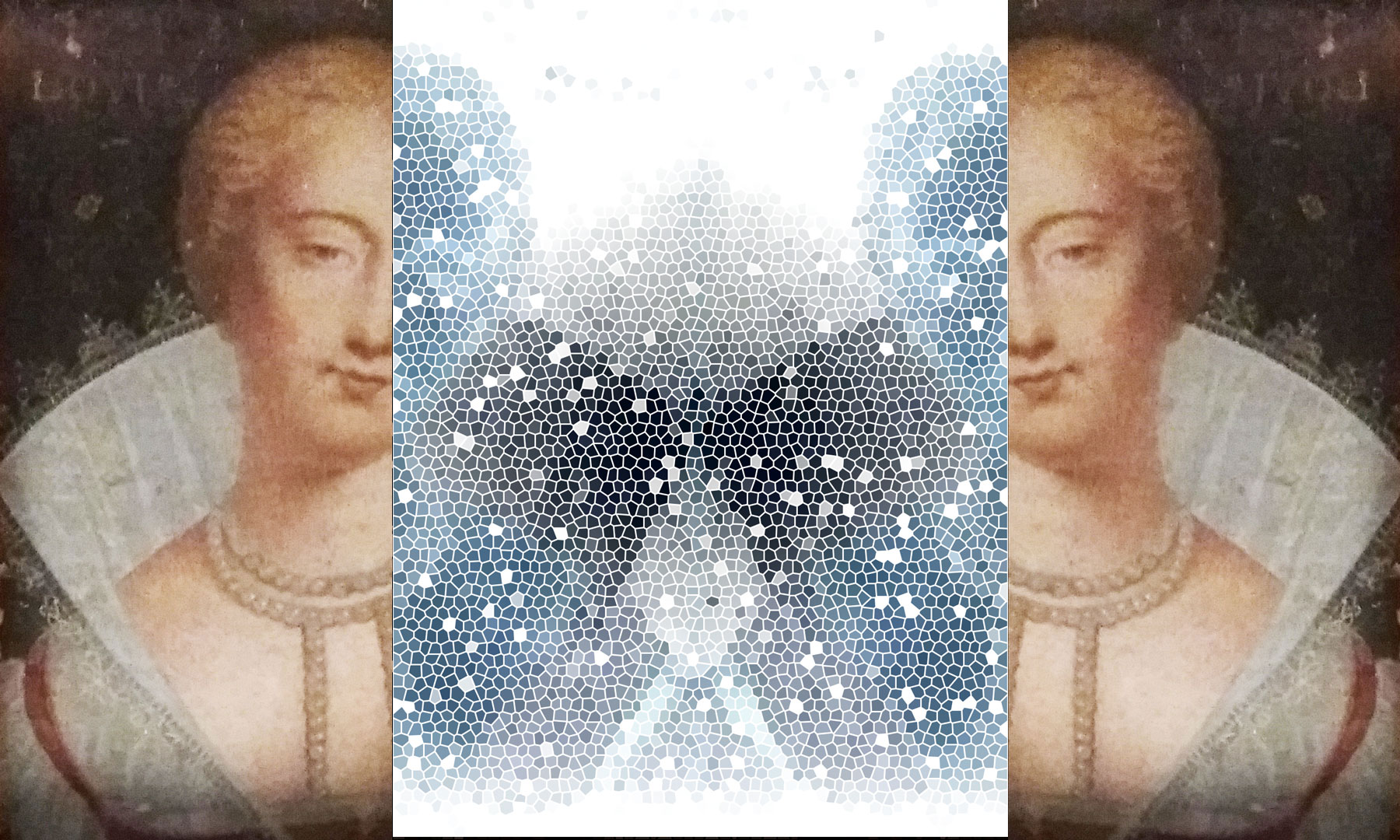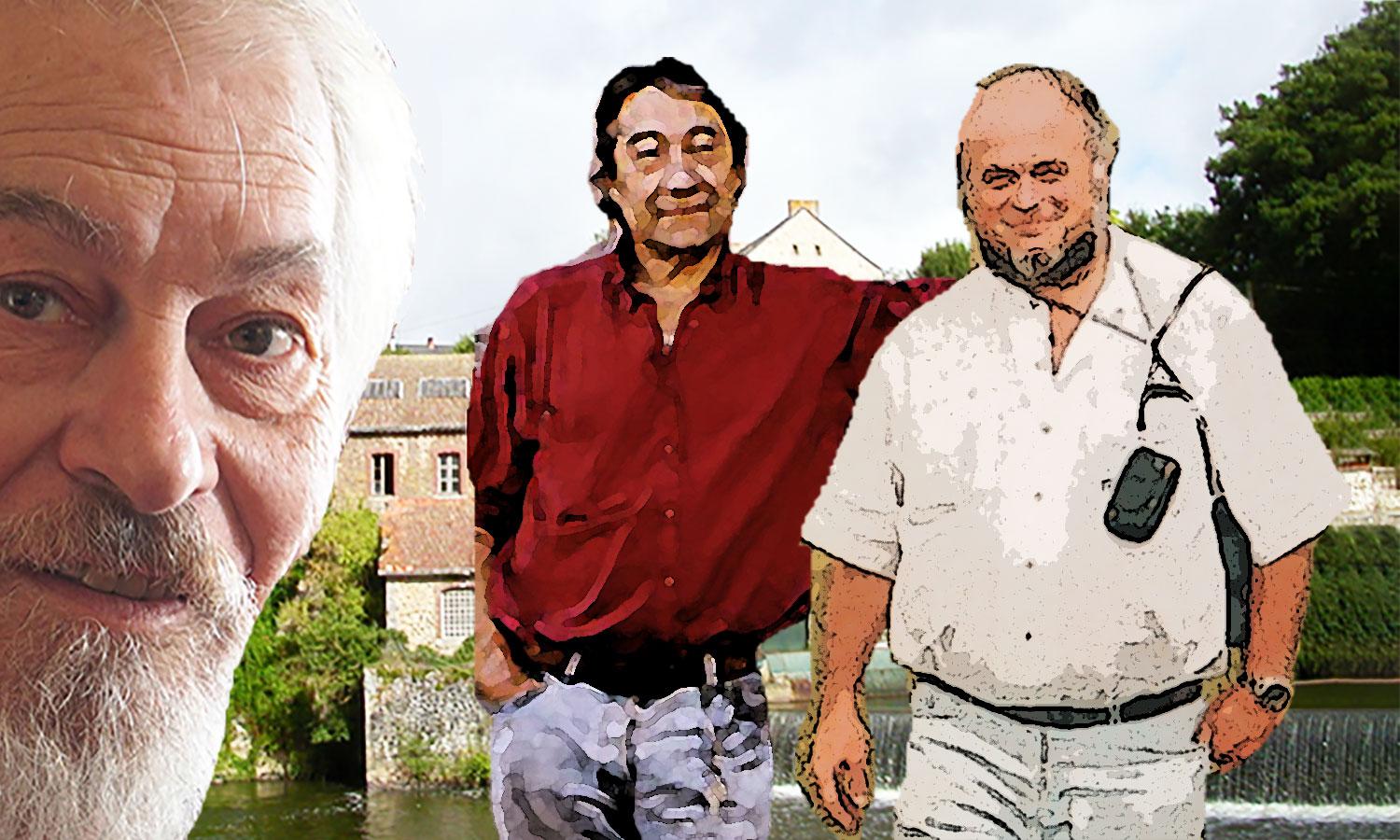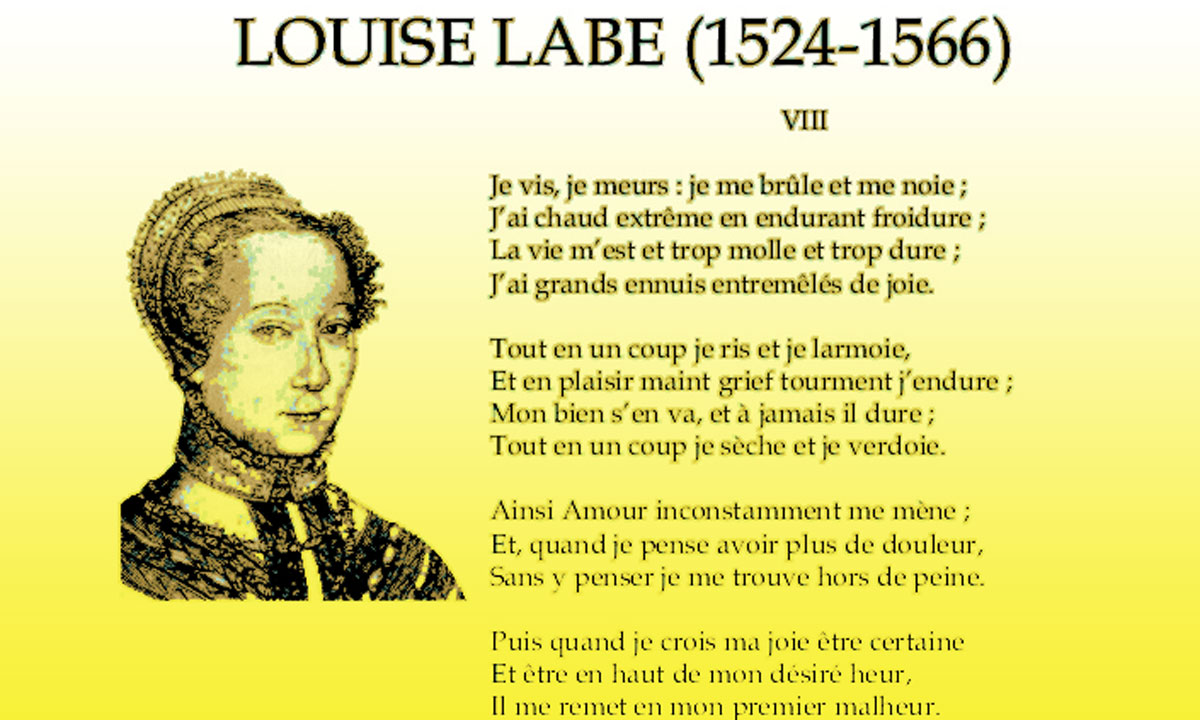
She was called the Belle Cordière. The most famous poet of the Renaissance is also a pretty dungeon. One of his most famous sonnets has a lot to say … if one takes the trouble to read it. Her poetry touches us so much for it describes the indescribable and expresses the inexpressible.
Louise Labé was born in Lyon around 1524. Nicknamed La Belle Cordière because she is the daughter and wife of a tailpiece, Louise Labé is a lively and cheerful child who fascinates her father. He gave her a rather exceptional education for a woman of the people in the sixteenth century. She learned Latin, Italian, Spanish, some rudiments of Greek, music, the lute, but also all the arts of arms traditionally reserved for men. She has a heroic heart.
In defiance of the religious condemnations of the time, she dressed as a man to ride a horse like a squire and distinguished herself in the martial games of jousting. Like her model Jehanne la Pucelle, having left “the molz habiz of women“, Louise enlisted under the banners of France. At seventeen, she was riding through the valleys of Roussillon.
So much for his usual biography that you can find everywhere. We do not know much about her, although she was the most important poet of the Renaissance. But reading the following sonnet, we understand who she really was. And on what path she has progressed …
I live, I die; I burn myself and drown;
I am extremely hot enduring the cold:
Life is too soft and too hard for me.
I have great troubles mixed with joy.
All of a sudden I laugh and cry,
And in pleasure many grievance torment I endure;
My good is gone, and it lasts forever;
All at once I dry up and turn green.
So Love unsteadily leads me;
And, when I think I have more pain,
Without thinking about it I find myself out of pain.
Then when I believe my joy to be certain,
And be at the top of my desired time
It brings me back to my first misfortune.
Heavenly Chivalry
My benefactor and friend Jean-Claude Flornoy readily cited this text because he found in it the perfect description of the arcane XII The Hanged Man. According to him, this sonnet reflected exactly the inner feeling lived at this stage, very close to awakening. The hanged man is the first arcanum of celestial chivalry, and the previous arcanum, XI The Strength, represents the culmination of earthly chivalry.
For my part, I see in it the precise description of all the celestial chivalry, this very particular phase of life where the person puts his ego back and begins a merciless war, at every moment, against the spells of the dominant mind, the one I ‘calls the ego dragon. The awakened one is still in the world, but he is no longer of the world. He ceased to belong to the world, to matter, to the earth, to nature, to humanity, to the kingdom of the living. He is still perfectly aware of all these wonders, but he is hardly moved by them anymore.

Sadness without cause
Just at random evenings, he feels a poignant nostalgia for the Big Whole, which our creators called the AL or ALL. This nostalgia, I have known it well for so long. I, who have read a lot, had never recognized it, never seen it in my reading. The Portuguese and the Brazilians have a word for it, a word which is in itself a whole poem: saudade. (music) What was my joy to find it, perfectly described, under the pen of Carlos Castaneda who nicely calls it the warrior‘s unjustified sadness.
Sadness without a cause cannot be sustained. Yet this bizarre and poignant nostalgia has gripped me since childhood. She is never far away, even in moments of ecstasy. This sadness is not without cause. Its origin is so deep, the wound is so incurable that it wakes up as soon as nothing touches it.
Life is too soft and too hard for me.
I have great troubles mixed with joy.
Sadness mixed with joy. Enjoyment imbued with pain. Sorrow so keen it can kill me, jubilation so total that I could drown in it. Yes, each word of this great poem moves me and uplifts me. What I saw others lived it. What I pass on is a priceless treasure. I have no religion, no living or dead idol, no conviction that serves as a prison. Free and master of me. Happiness that I wish you all.
Fashion mischief
I live, I die; I burn myself and drown;
I’m extremely hot enduring the cold
When I have the great joy of finding a text as strong and as useful as this one, I hasten to spread it. We read too little the great texts of the classics and the ancients. For a young person, fashion goes out of fashion every morning. Indomitable mistress, she dictates the clothes, the look, the way of speaking, of thinking, of singing, of laughing, of walking, of having fun, of reproducing.
While deep and lively thought is dying in the lecture halls, while the school has become sectarian and resolutely retrograde, it would be damn urgent to reread the masters of yesterday and the day before yesterday, those I insist on talk to you in my articles and the countless others that have opened my mind, body and heart.
Sacrosanct fashion, scary dictator, has classified them out of date. Nobody reads them anymore. I always immerse myself in it with delight. But me, fashion, I fuck her. Who to do the same? If you want to dress as a wildebeest, do so. If you want to make pancakes in Ulaanbaatar, that’s fine. If you want to walk on your hands, put on gloves. Or go to the fields. The cities are full of shit and dogs.
Money
The awake does not care. He doesn’t have any, he doesn’t miss any. “My good is gone, and it lasts forever,” wrote Louise. If you turn away from material things to face the light, the saying goes, material things will follow you like your shadow. Money is still useful to survive in this trading world. Barter does exist, it must be encouraged. The gift also exists, it makes people of my caliber survive. In India, even today, sadhus, wandering monks and bonzes live on public charity.
It should be the same everywhere, as it used to be. But in the end it doesn’t matter. My good goes and lasts forever. If by any chance I am worried because a big bill has just fallen – the maintenance work has followed one another with rare vigor – I receive the exact sum in the form of a donation. And I marvel. And I blame myself for doubting. I turned to the light, material things follow me like my shadow.
Having confidence is not enough. I have to trust. Trust my pilot and thank him for caring about me. He knows me by heart, I don’t know anything about him. But for everything he does to me, everything he tells me, I thank him without respite.



